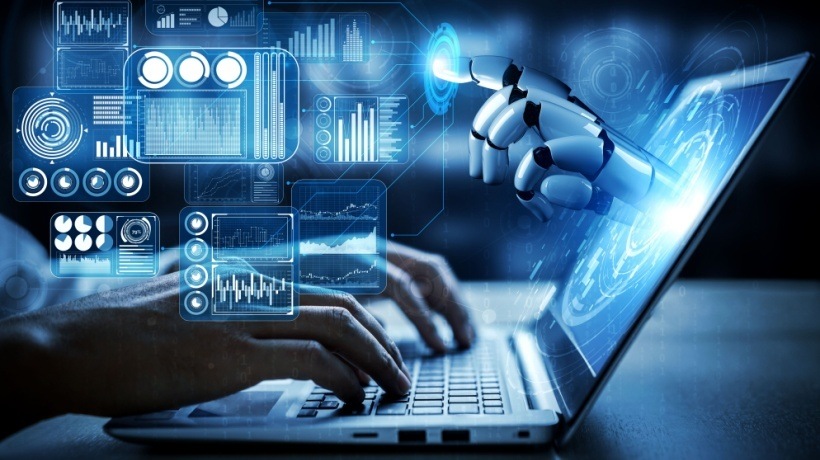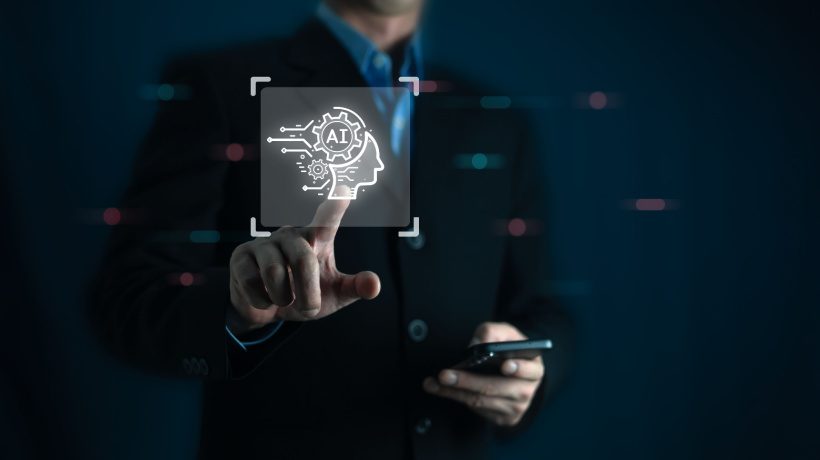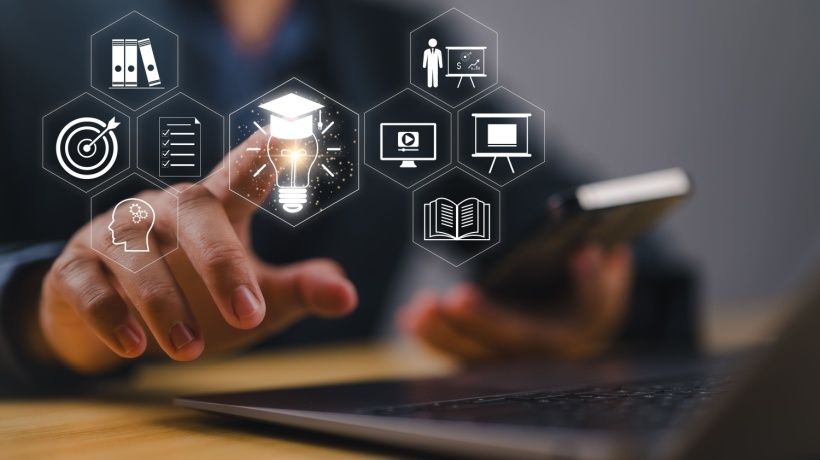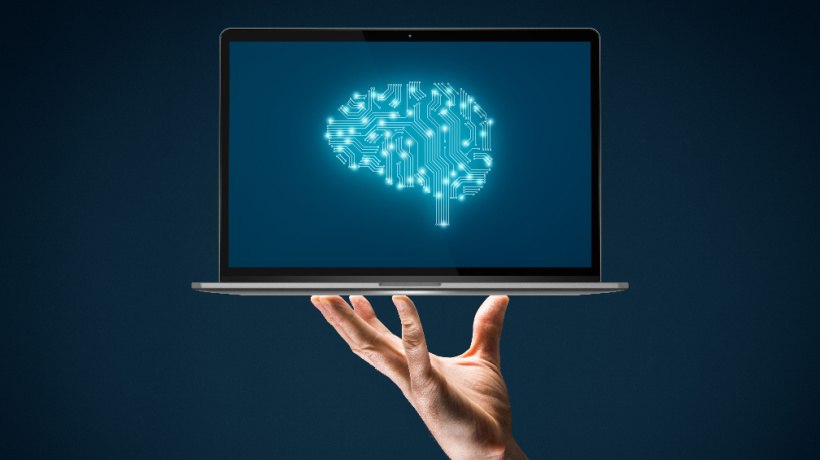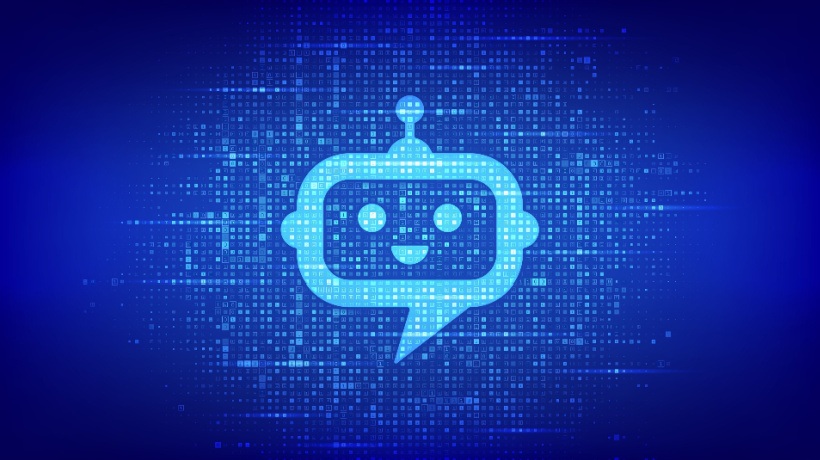AI Coaching And Conversational Coaches
The future of AI coaching is bright, as the combination of training and coaching improves productivity immensely compared to training without coaching sessions. However, providing such services at scale can be overwhelming, so leveraging Artificial Intelligence (AI) and Machine Learning (ML) is necessary. These two gather personalized data and provide each professional with guidance, continuous feedback, and support whenever required. This is how we end up with conversational AI coaches, who are trained in Natural Language Processing (NLP), audio, and text to get a better understanding of human language. The technology uses its knowledge to communicate effectively with people and keeps improving, offering higher-quality services. While it can be unreliable, if companies keep analyzing data, the algorithm improves and becomes more accurate with its operation.
Examples Of AI Conversational Coaches
Chatbots
Chatbots have been utilized by companies for customer service for years now. However, they are also important parts of the present and future of AI coaching, as they can provide instant support to employees at all times. Such convenience saves time from waiting until a supervisor answers their messages and allows professionals to progress their training at their own pace and schedules.
Virtual Assistants
Most people know and use Google's Assistant and Alexa or more advanced versions made specifically for corporate projects. These AI tools can help professionals get answers quickly by simply browsing the internet and locating relevant information. Companies may purchase assistants and work on their algorithms to make training and learning more personalized to fit each individual's objectives.
Emotion Recognition
This feature surely belongs in the future of AI coaching, for both employees and clients. This tool analyzes people's facial expressions during video calls and understands how they feel regarding a company's processes. It can detect the six basic emotions: happiness, sadness, anger, fear, surprise, disgust, and neutrality. Industries like psychology, marketing, healthcare, automotive, and gaming have found great use for this feature.
Speech Recognition
This technology has been around for decades but it's been polished only in recent years. The AI algorithm listens to and identifies human speech and translates it into written form. It recognizes the language, words, and numbers you mention with exceptional accuracy. Many businesses implement speech-to-text software to improve both customer experience and employee training to better understand everyone's needs and problems.
What Can AI Coaches Help Companies With?
Personalize Development
While all employees in a company may face the same challenges, their learning journey can't be the same. Not everyone learns identically or at the same pace. Their preferences, needs, and objectives vary and their pathways are different. Inserting AI coaching into your future means that you're offering your team members personalized guidance and assistance. Based on their progress, their coach highlights their strengths and weaknesses and provides them with suggestions according to their learning requirements. Additionally, the algorithm analyzes and saves the progress and performance of professionals, reserving the resources otherwise necessary for performing these tasks manually.
Constant Learning
A successful team needs all members to perform at the top of their game. To make this happen, you must provide them with continuous learning and training opportunities. AI coaches identify individual needs and present recommendations that fit each professional's development plan and career goals. Thanks to RLHF, AI can learn directly from human feedback and generate answers useful and relevant to them. Therefore, team members never stop learning and evolving. Their digital coaches help them set new goals, track their progress, and make improvements. Their sense of accountability increases and they get motivated every time they reach a new milestone.
Flexibility
As the world has embraced hybrid and remote work, companies should also understand that training doesn't have to happen in an office under strict supervision. The future of AI coaching is already here and offers employees the ability to control their learning from their homes. Many of them prefer online classes and can schedule these whenever it suits them. They don't have to worry about communicating with supervisors for feedback, as their digital coaches are able to assist them. However, organizations should still offer in-office training for those who prefer face-to-face L&D.
24/7 Availability
Human coaches must rest, take breaks, work specific hours, and take their weekends off like most other corporate employees. However, AI coaches are always available. Professionals can ask for information, feedback, and assistance any time they wish and their digital helpers are there. They don't need to arrange a meeting a week later when it's too late to discuss pressing matters. Also, AI assistants can guide multiple team members at the same time and provide quick recommendations for new learning experiences.
Data-Driven Decisions
AI algorithms search millions of data bytes and analyze industry development trends that must be utilized in your company practices. Additionally, they locate skill gaps and determine whether existing coaching sessions are effective. Therefore, they provide employees with the tools they need to polish their abilities and produce at a higher rate. As employees achieve their goals, they also help the organization meet and even exceed expectations. AI coaches are neutral and offer unbiased feedback to every employee, giving them a fair chance of succeeding.
Increase Engagement And Efficiency
AI coaches analyze millions of bytes of data to provide team members with unique real-life scenarios that help them navigate their jobs. Instead of being all alone in the process, individuals feel like they have someone guiding them and offering beneficial material. Their development needs are met while you are not wasting resources creating or purchasing learning courses that don't align with people's preferences. As a result, your employees' engagement increases while the efficiency of their learning experiences is boosted. The more focused and devoted someone is in their training, the more fruitful the training is for them.
The Battle Between Human Vs. AI Coaches
While AI coaching has a bright future since it is quick to answer any questions and provide guidance, it cannot create connections with learners. On the other hand, humans can empathize and sympathize with professionals and connect on a deeper level with them. They may not be available 24/7, but their emotional intelligence allows them to understand learners and their needs outside a data-driven logic. Moreover, AI coaches can't be fully trusted with their decision-making since there are no globally accepted ethical standards. As a result, they may act biased, based on the data presented to them, and discriminate unfairly. Using a free AI coach poses security risks as these tools require access to personal data.
How To Navigate The Future
Indeed, most professionals won't choose algorithms and chatbots over human connection and emotional intelligence. However, you can utilize digital coaching as a complement. For instance, when human coaches are unavailable, allow Artificial Intelligence to take control and help learners. AI is here to stay and democratize learning, making it available to everyone regardless of job position and location. Integrating it into your L&D practices is the path forward. Don't throw away human coaching altogether, though, as machines might never learn to empathize with people.
Conclusion
Artificial Intelligence is already changing the way we operate at work and home, with chatbots and voice assistants being parts of our daily activities. While such changes can be scary, rest assured that technology and algorithms can't fully replace humans, something that goes for coaching too. As long as it's not misused and trained, to be fair, AI can be a great assistant to your team members.
